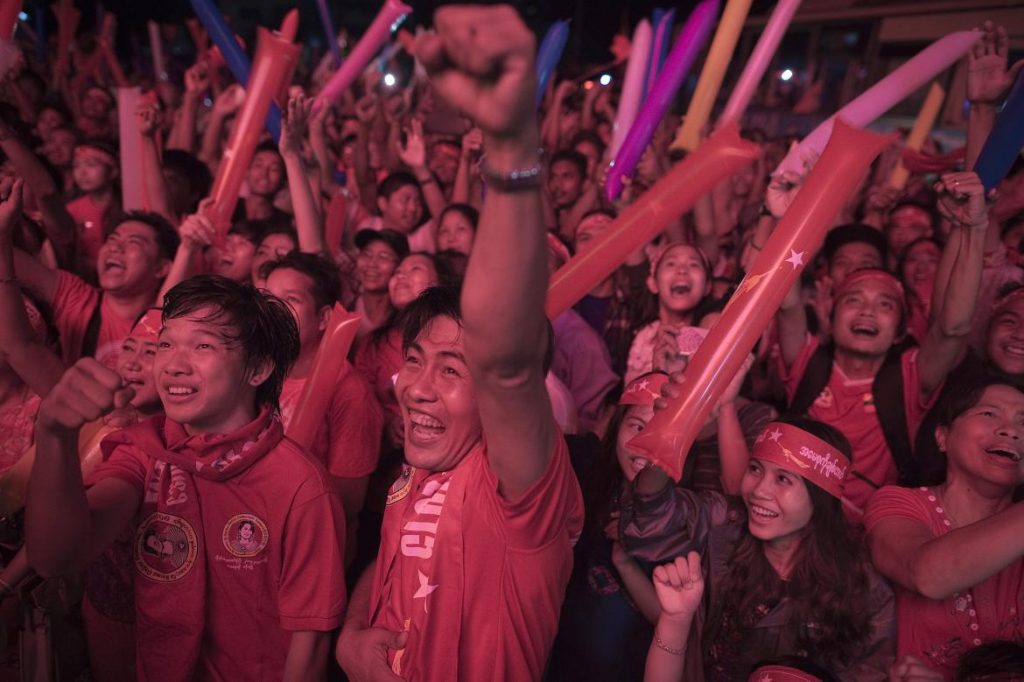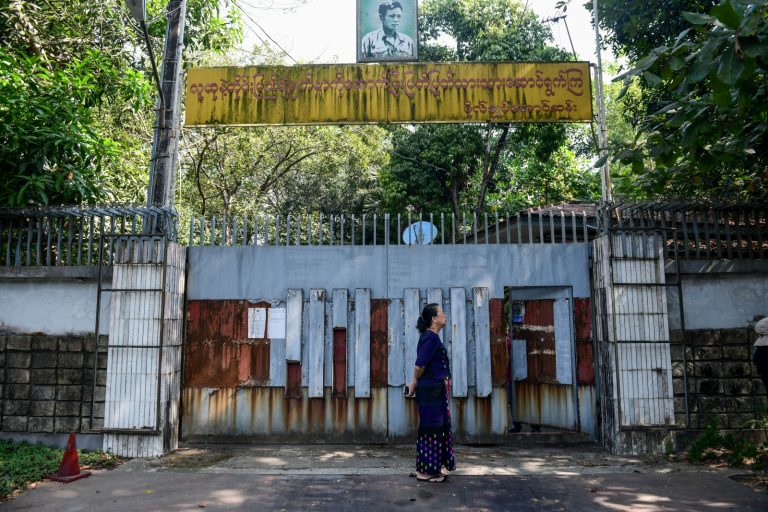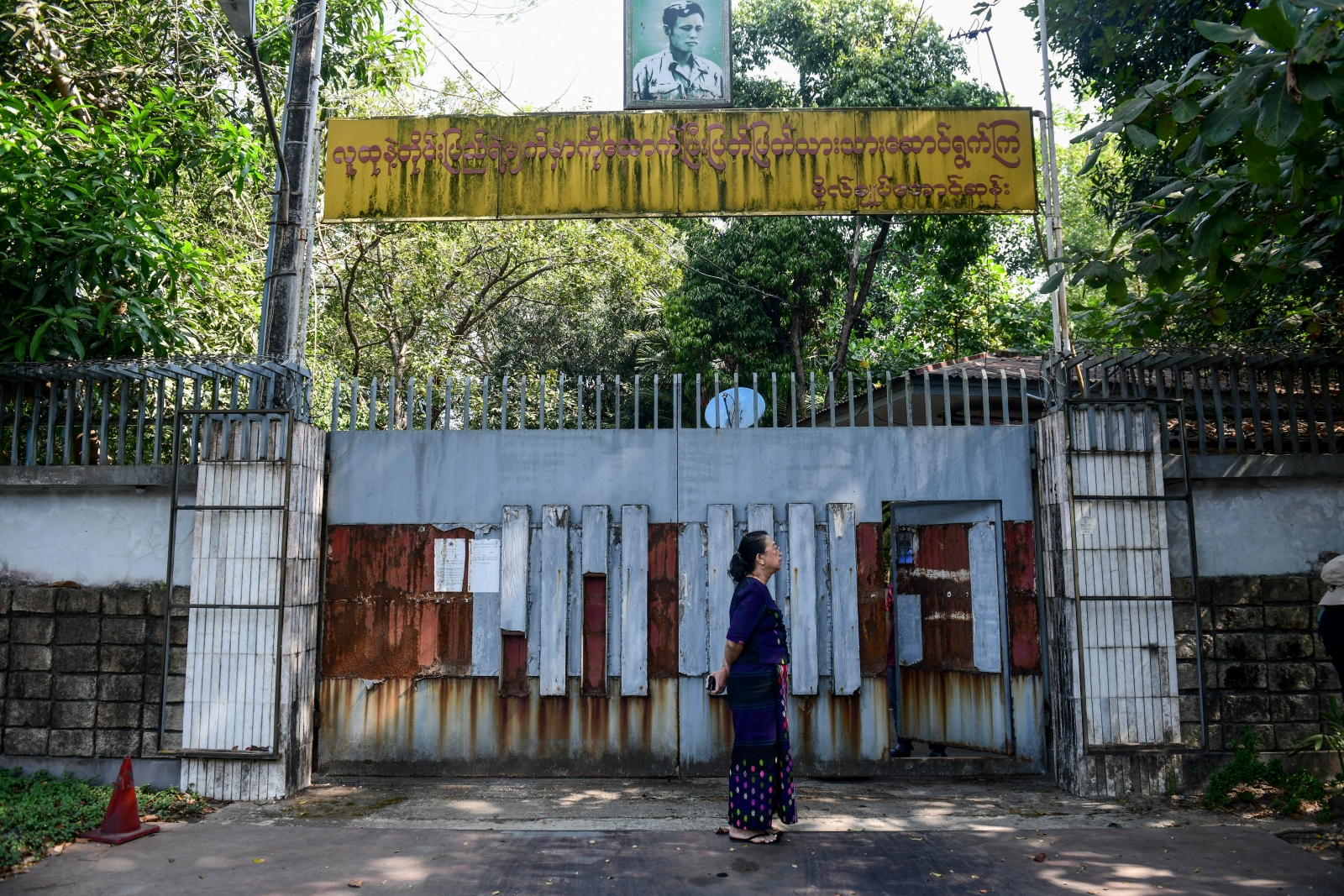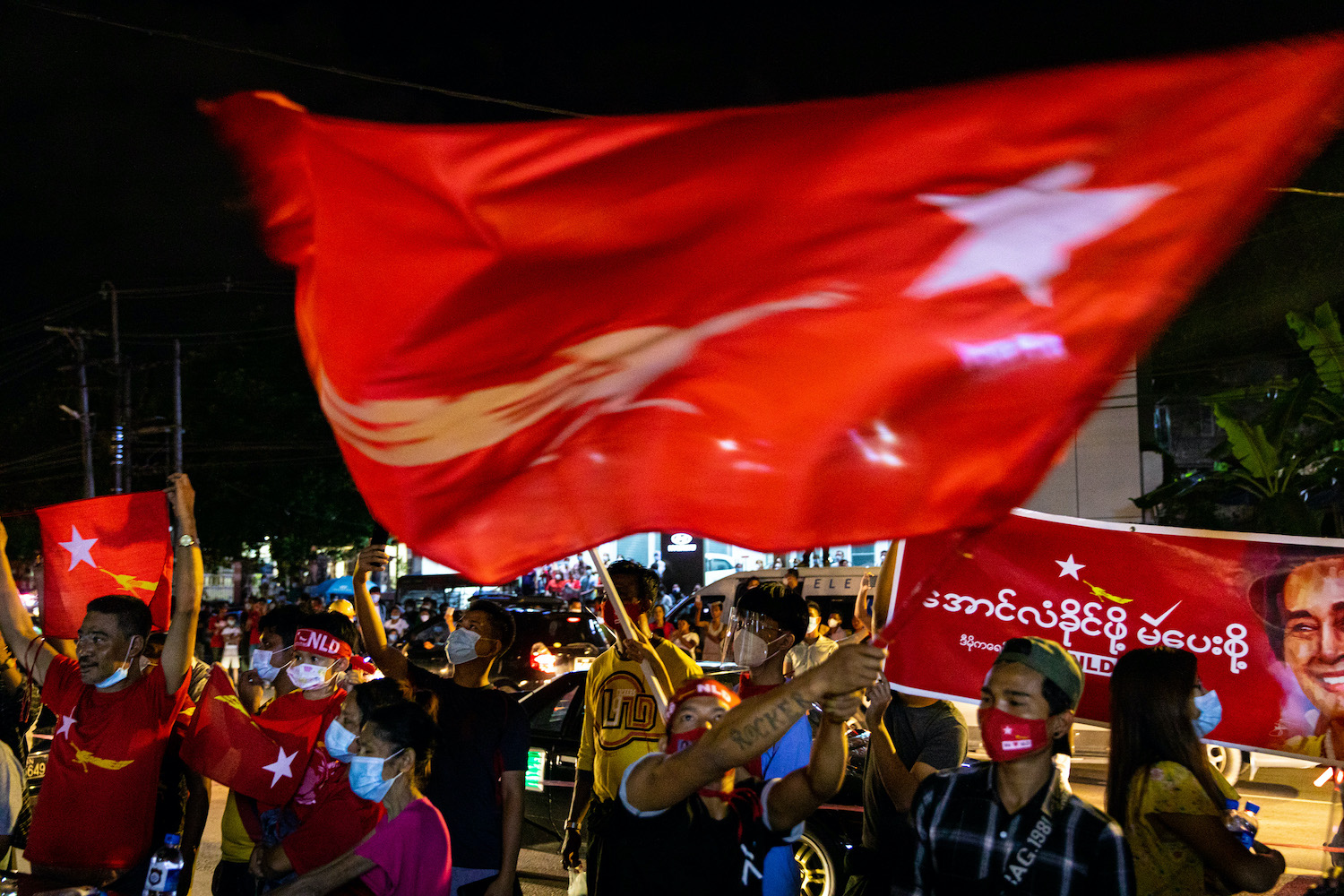The National League for Democracy has achieved steady progress in government since its election triumph one year ago, but much remains to be done to meet the expectations of all the people.
By SITHU AUNG MYINT | FRONTIER
NOVEMBER 8 was the first anniversary of the general election that produced a landslide victory for the National League for Democracy and gave Myanmar its first genuinely civilian government since 1962.
The anniversary has generated much discussion among the public and in the media about whether the government has fulfilled the desires of those who voted for the NLD, which took office more than seven months ago.
It is natural that the people, who had yearned for change for decades, would want to enjoy the fruit of the NLD’s reform agenda as soon as possible.
One year after the NLD’s triumph at the polls, I would like to discuss whether it is fulfilling the expectations of those who voted it into government.
Support more independent journalism like this. Sign up to be a Frontier member.
There have been two general elections in Myanmar since the junta unveiled its plan for a transition to democracy in 2003. The first, in 2010, paved the way for the military-backed U Thein Sein government the following year but was not regarded as being free and fair.
It was a façade of a democratic election managed by former generals who had taken off their uniforms to be able to continue to rule the country.
The election last November was a genuine exercise in democracy and the result was respected and accepted internationally. The first anniversary of the vote has been a catalyst for assessing the accomplishments of the NLD government.
If we are to assess whether the election result has fulfilled the desires of the people we must first consider what their desires are. They differ according to the background of whomever we ask among the different layers and classes of the people. However, regardless of background, the people shared a common desire to end the suppression, bullying and mismanagement of successive military dictatorships.
There was a relaxation of control after the Thein Sein government came to power in 2011 and the Union Parliament annulled or amended some laws that had been used as tools to suppress the people.
However, the people continue to experience injustice because the judicial system and the Myanmar Police Force are yet to undergo reform. On the issue of injustice in society, the NLD government has not yet been able to fulfill the desire of the people.
Another shortcoming is the continued fighting in many areas inhabited by ethnic minorities, whose desire to live in peace is yet to be realised. This is despite the efforts of State Counsellor Daw Aung San Suu Kyi and her government to achieve an inclusive ceasefire agreement leading to a durable peace. Ethnic minorities in border regions are living in fear as sporadic fighting continues between the Tatmadaw and some ethnic armed groups.
For people at the grassroots, a major concern is having enough to survive. Many are unable to find work and those who do often toil for meagre incomes. The scarcity of employment has forced millions of Myanmar to seek work in neighbouring countries, often in what are referred to as 3D jobs because they are dirty, dangerous and demeaning.
The government can relieve this situation by attracting foreign investment and encouraging the development of small and medium enterprises to help create jobs. The Myanmar Investment Law will contribute to job growth but as it was enacted only recently it will take time before it brings benefit to the people.
The achievements of the NLD government include the positive relationship it has developed with the Tatmadaw within a fairly short period. This is an improvement on half a century of disagreement between the Tatmadaw and the people, and has contributed toward national reconciliation.
The government has also put a priority on the peace process, for which it is receiving international support.
The election of the NLD government also paved the way for the decision by the United States to lift sanctions. The US move and the decision by the European Union to end sanctions in 2013 have helped Myanmar to regain its rightful position as a respected member of the international community.
The government has achieved much in the months since it came to power in late March but much also remains to be done. Fulfilling the needs of all the people after half a century of misrule by the military is going to take some time.







